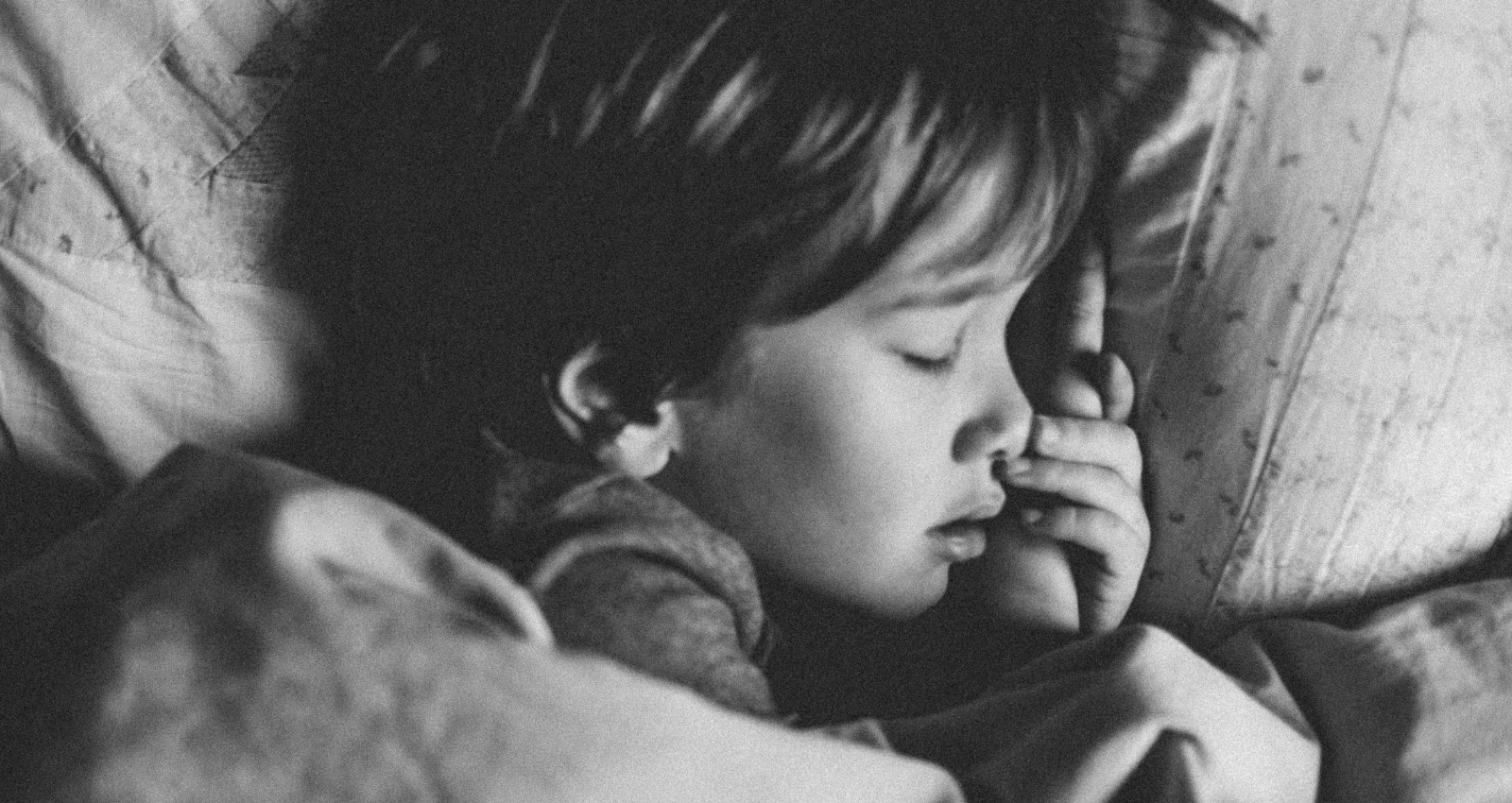
Sleep advice for parents with disabled children
The Mental Health Foundation tells us in their ‘Sleep Matters’ report that ‘sleep is as important to our health as eating, drinking and breathing. Poor sleep is linked to physical problems such as a weakened immune system and mental health problems such as anxiety and depression’.
It is then no wonder why children - as well as the parents of children - are impacted hugely by sleep deprivation. And unfortunately for children with special needs, sleep deprivation often comes hand in hand.
There are unfortunately no magic cures to help your child sleep. Some children require around the clock care and some just aren’t a fan of sleeping, however, in this blog we will give you some suggestions which might help improve the sleep you all get.
Sleep tips for parents of children with special needs
Setting a routine before bedtime
Beginning a routine around an hour before bed is a good way to ease your child into bedtime and let them know that it is about to happen. Some children need cues in order to accept and adjust to changes in their routine.
It is a good idea to have some quiet time before bed. Whilst many find that no screen time before bed works for them, this might not be the answer for your child. If screen time helps them to relax then there is no harm in letting them watch their iPad before bed. Doing what works for your family and your situation is important. Sometimes you have to create your own rules.
- Perhaps your quiet time might be sitting and reading a book, listening to relaxing music or having a bath.
- Using visual cues such as PECs or a social story might be helpful.
- Consistency is helpful when you create a routine so that your child knows what to expect.
- It probably goes without saying but is always wise to avoid caffeine before bed.
Using White noise
White noise can be used to help relax your child and block out any surrounding noises. It gives the brain something to focus on without the distraction of the noises in your house, voices and music. It can also prevent sudden noises waking your child.
Exercise and physical activity before bed
For some children, exercise can help to make them feel physically tired and fall asleep more easily. It is said that physical activity can help to naturally increase ‘the sleep hormone’ melatonin.
Speak to your child’s paediatrician
It is worthwhile speaking to your child’s paediatrician to ensure that they do not have an underlying medical condition that is impacting on their sleep, for example, sleep apnoea. Your child’s doctor might refer them for a sleep study.
Melatonin
Your child’s paediatrician might recommend trying melatonin in either liquid or tablet form. Melatonin can help your child to fall asleep and develop a regular sleeping pattern. Some children with conditions such as autism have irregular secretion of the sleep hormone melatonin and so a prescription might help. Always take advice from your child’s doctor in this regard.
Specialist beds for children with special needs
Some children require specialist beds to help them sleep.
They might require a sleep system using specialist cushions to maintain the body in a good postural position whilst sleeping, for example if they have Cerebral Palsy.
There are also specialist beds for children with conditions such as autism, for example a ‘safe and sound bed’ by the company Creative Care. These beds have soft edges to prevent your child from injury and have a ‘zip up’ door to keep your child safe at night if they are prone to wandering and have no danger awareness. Some children feel more secure in these beds and sleep better.
Ensure your child has the right products to keep them comfortable
Ensuring that your child is comfortable in bed is important. If they have continence issues, then make sure that they have correct continence products to keep them feeling dry and secure. Speak to your child’s continence team. You can also use products such as Kylie Bed Protection Sheets if your child is prone to wetting the bed.
Another great product is Fidget Bum, which is designed to stop your child from falling out of bed or losing the covers. It is a great alternative to weighted blankets for children who have sensory needs and crave that extra snugness when sleeping.
Doing whatever works
Doing ‘whatever works’ is a special needs parent motto and it’s something you should always remember - do what works for your family. If that means that you all sleep in different bedrooms and beds, that your child has more screen time than others before bed or that your bedtime routine is a little bit ‘quirky’ so be it. If it works for you and your child and everyone is happy, that is the most important thing.


